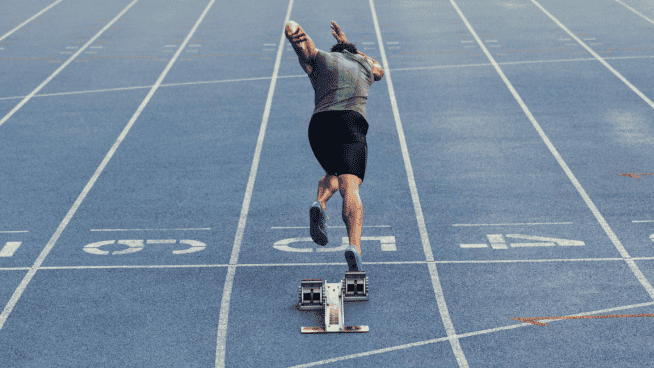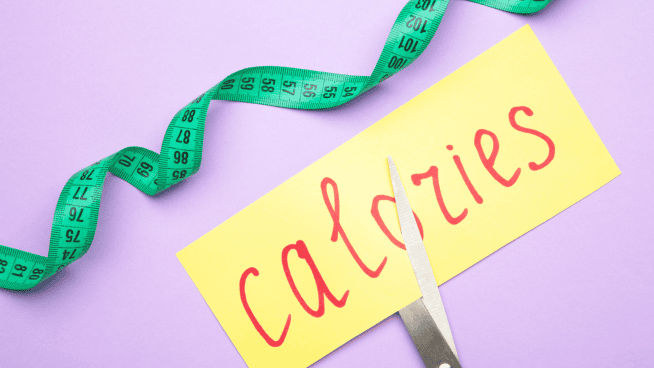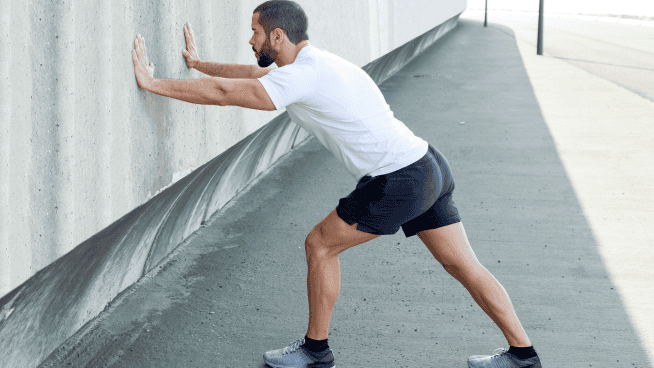Should You Consult With A Sports Psychologist?
Athletes and their coaches typically focus on the physical side of sports. Although intense conditioning may test your willpower and stamina, it does little to develop another crucial element of your game—mental strength.
If you’ve played a sport long enough, you’re well aware of the potential problems athletes face on and off the court:
- Becoming anxious, losing focus or choking during competition
- Having trouble communicating with teammates, friends, coaches or family
- Losing motivation to play or even work out
- Controlling their tempers during heated moments in practice or games
Maybe you or a teammate have dealt with some of these issues. If so, you know they can dramatically impact performance. This is where a sports psychologist can help. Consulting with a sports psychologist can make a profound difference in an athlete’s life. In fact, many professional athletes take advantage of therapy. Recently, Roy Hibbert attributed his bounce-back to the help of his team sports psychologist.
So how can you determine if you need a sports psychologist?
Is It Physical or Mental?
Mental game coach and PGA Tour consultant Dr. Patrick J. Cohn believes it’s impossible for athletes to separate the mental from the physical with regard to motor skills. According to Dr. Cohn, the first question athletes should ask themselves is, “Am I performing up to my full capability?”
Well, are you? Or are you so caught up with outside issues that you’re undermining your potential? Insecurities, frustrations and anxieties can mess with your confidence and inhibit your focus on the technical aspects of your game. According to Dr. Cohn, your problem could be mental if:
- You perform better during practice than in games
- You have anxiety during, before, or after competition
- You lose focus during critical parts of the game
- You are 100% recovered from an injury but your performance is underwhelming
Benefits of Sports Psychology
If you believe your problems may be mental in nature, consider seeing a sports psychologist. You do whatever is necessary to perfect your physical game. Why not do the same for your mental game?
A sports psychologist will use effective dialogue and other strategies to help you overcome obstacles, enhance your performance and achieve your goals. Areas of focus can include attitude, anxiety, emotions, mental imagery, self-talk, self-esteem and concentration.
Next Steps
If you think you need help to deal with any of these problems, consider seeing a sports psychologist. Check with your local college or university or contact coaches and other athletes in your area for a referral. You can also contact the American Psychology Association’s Division 47 or the Association for Applied Sport Psychology. Membership in these associations is a good sign of a psychologist’s credentials, along with previous experience and clientele.
RECOMMENDED FOR YOU
MOST POPULAR
Should You Consult With A Sports Psychologist?
Athletes and their coaches typically focus on the physical side of sports. Although intense conditioning may test your willpower and stamina, it does little to develop another crucial element of your game—mental strength.
If you’ve played a sport long enough, you’re well aware of the potential problems athletes face on and off the court:
- Becoming anxious, losing focus or choking during competition
- Having trouble communicating with teammates, friends, coaches or family
- Losing motivation to play or even work out
- Controlling their tempers during heated moments in practice or games
Maybe you or a teammate have dealt with some of these issues. If so, you know they can dramatically impact performance. This is where a sports psychologist can help. Consulting with a sports psychologist can make a profound difference in an athlete’s life. In fact, many professional athletes take advantage of therapy. Recently, Roy Hibbert attributed his bounce-back to the help of his team sports psychologist.
So how can you determine if you need a sports psychologist?
Is It Physical or Mental?
Mental game coach and PGA Tour consultant Dr. Patrick J. Cohn believes it’s impossible for athletes to separate the mental from the physical with regard to motor skills. According to Dr. Cohn, the first question athletes should ask themselves is, “Am I performing up to my full capability?”
Well, are you? Or are you so caught up with outside issues that you’re undermining your potential? Insecurities, frustrations and anxieties can mess with your confidence and inhibit your focus on the technical aspects of your game. According to Dr. Cohn, your problem could be mental if:
- You perform better during practice than in games
- You have anxiety during, before, or after competition
- You lose focus during critical parts of the game
- You are 100% recovered from an injury but your performance is underwhelming
Benefits of Sports Psychology
If you believe your problems may be mental in nature, consider seeing a sports psychologist. You do whatever is necessary to perfect your physical game. Why not do the same for your mental game?
A sports psychologist will use effective dialogue and other strategies to help you overcome obstacles, enhance your performance and achieve your goals. Areas of focus can include attitude, anxiety, emotions, mental imagery, self-talk, self-esteem and concentration.
Next Steps
If you think you need help to deal with any of these problems, consider seeing a sports psychologist. Check with your local college or university or contact coaches and other athletes in your area for a referral. You can also contact the American Psychology Association’s Division 47 or the Association for Applied Sport Psychology. Membership in these associations is a good sign of a psychologist’s credentials, along with previous experience and clientele.











